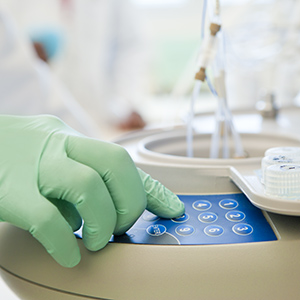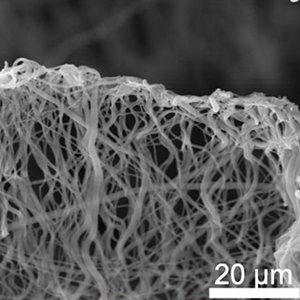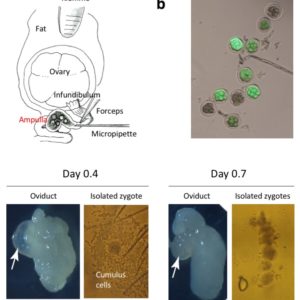Description
New blood test may improve diabetic outcomes
A new method for assessing the risk of developing Type I diabetes could help physicians make diagnoses earlier than ever before. A simple blood test developed at the University of Nebraska Medical Center monitors certain immune cell populations which can indicate changes in normal physiology.
This method may catch Type 1 diabetes earlier, which would mean more therapeutic and preventative options for patients and their physicians. This method might also predict patient responses to immunological treatment options.
Current diagnostics of Type 1 diabetes rely on the presence of circulating antibodies. Those antibodies only become detectable once the disease has progressed to the point of irreparably damaging healthy tissue.
Type 1 diabetes occurs when the body’s immune cells target healthy tissue in the pancreas. The pancreas is responsible for producing insulin, which is a vital part of how the body processes sugar in the blood. Once the immune cells destroy the parts of the pancreas responsible for insulin production, sugar is no longer processed normally, which is why people with Type 1 diabetes need daily insulin injections to survive.
To discuss licensing opportunities please contact Amanda Hawley, PhD, at ahawley@unmc.edu or 402-310-5602.






